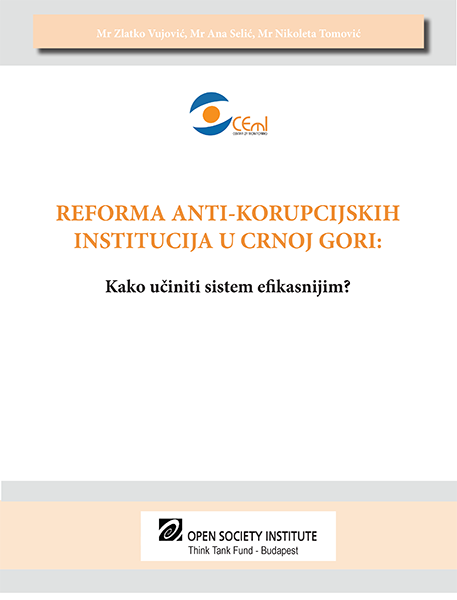The task of suppressing corruption at all levels stands as a paramount priority for Montenegro in its journey toward European integration, underscored as a focal point of its political agenda. This issue, highlighted in reports by the European Commission and relevant international organizations, is recognized as a significant impediment to the country's development and progress.
While Montenegro has shown progress in legislative efforts to combat corruption, aligning regulations with international standards remains incomplete, and implementation lags at an unacceptably low level. Notably, no individuals from higher echelons of government have faced accusations or sanctions for corruption in Montenegro.
The overly complex system of institutions tasked with combating corruption, coupled with weak coordination, stands out as a primary cause for this state of affairs. These institutions possess limited competencies and authority, while their appointment and funding mechanisms fail to provide sufficient independence in action, resulting in underutilized powers.
Hence, for the fight against corruption in Montenegro to yield tangible outcomes, a redefinition of the institutional framework is imperative. This entails ensuring the independence, empowerment, and adequate resources for these institutions to deliver concrete results.
